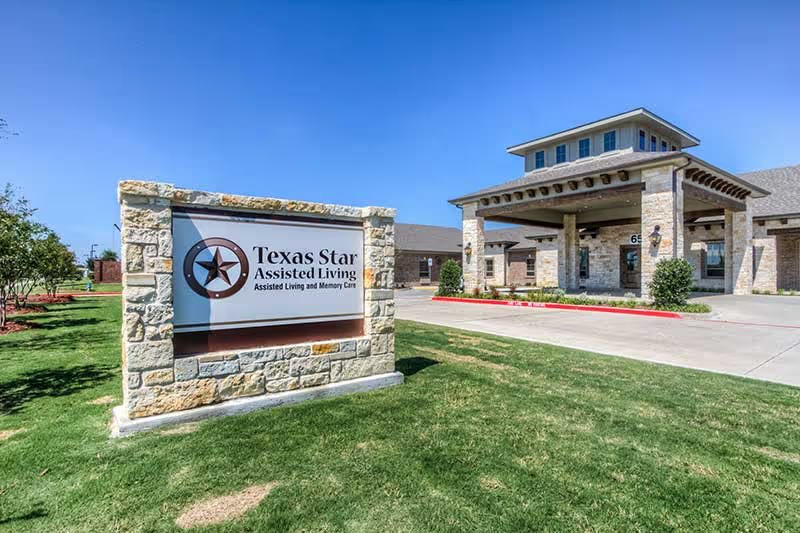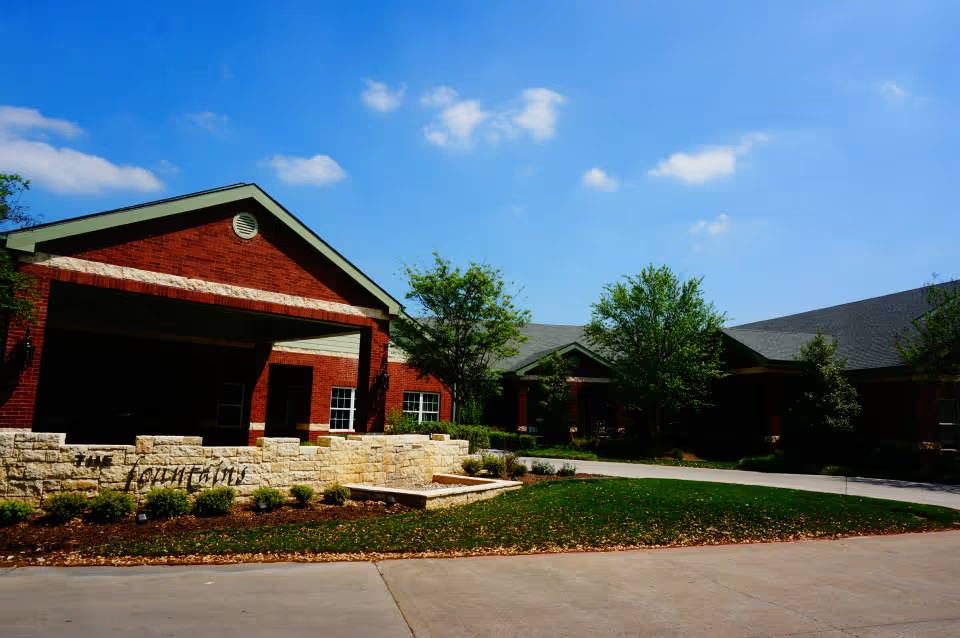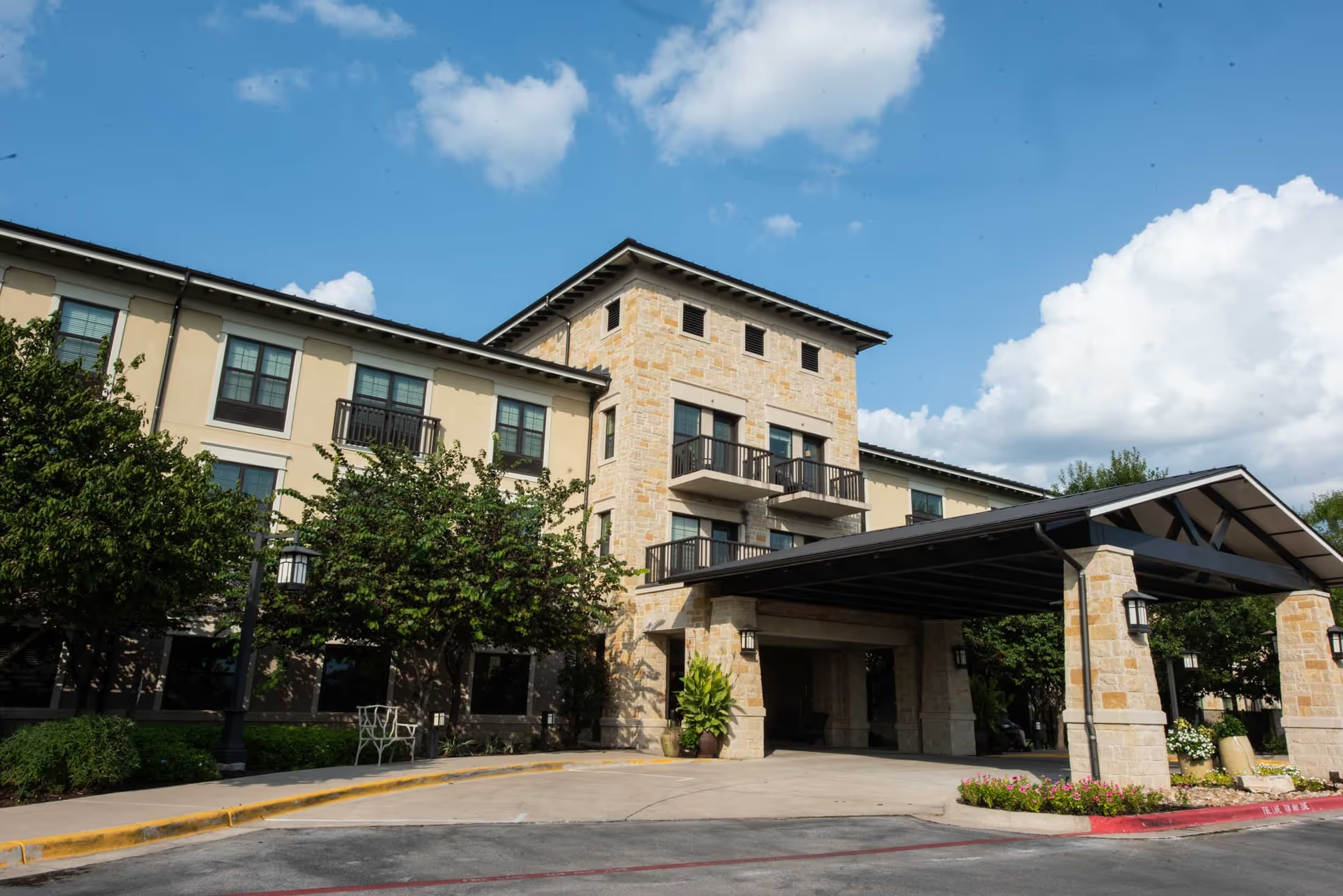Overall sentiment in these reviews is strongly positive but not uniform. A substantial majority of reviewers praise the staff, care quality, cleanliness, and the social environment at Silvermark Memory Care. Many comments emphasize compassionate, attentive caregivers who make residents feel at home; reviewers frequently note outstanding communication from management, hands-on and supportive owners, and low staff turnover that produces familiar, friendly faces. Multiple reviewers say their loved ones are thriving, reference solid clinical follow-up (for example post-surgical eye care), and specifically recommend the community.
Care quality and staff: The dominant theme across reviews is that care staff are kind, caring, and dedicated. Reviewers use words like compassionate, exceptional, and attentive, and several single out the executive director, owners, or management for being open, responsive, and supportive to families. Low turnover and consistent staff are cited as positives that help residents feel safe and recognized. However, this strong positive pattern is contrasted by a smaller set of reviews that describe unengaged or unfocused staff, language-barrier issues, and at least one account of short staffing. These inconsistencies suggest variability in staff performance or coverage at different times or shifts; prospective families should ask about current staffing levels and language capabilities during a tour.
Facilities and cleanliness: Many reviewers describe the facility as spotlessly clean, beautifully maintained, and having a pleasant, home-like ambiance. Positive references include a welcoming dining space, outdoor courtyard, landscaping, and walking path. At the same time, a number of reviews mention an older or outdated building and specific negatives such as soiled furniture and visible incontinent pads. This indicates that while the property is generally well-kept and attractive to many visitors, there may be areas in need of refresh or occasional lapses in housekeeping. Visitors should inspect resident rooms and common areas and ask management about renovation plans and housekeeping protocols.
Dining and activities: Food and dining receive frequent praise—many reviewers report good to great meals and a welcoming dining atmosphere. Activities and social programs are another commonly cited strength; reviewers report numerous events, parties, and strong socialization that keep residents engaged. Contradictorily, some reviewers specifically complain about a lack of meaningful activities or engagement. This mixed feedback could reflect differences in individual resident needs, programming variability, or staffing that affects activity delivery. Families should inquire about the current activity calendar, sample programs, and how activities are tailored to varying levels of memory-care needs.
Management, ownership, and communication: Management and ownership are repeatedly described as accessible, kind, and communicative. Several reviews note improvements after a change in ownership or management, and some emphasize owners’ personal involvement as a positive factor. Outstanding communication and a willingness to meet with families are recurring endorsements, which is an important factor for families who want frequent updates and partnership in care.
Safety and adverse incidents: While many reviewers report a safe environment, a small but important subset of reviews raises serious safety concerns: mentions of resident falls, a hip fracture, emergency room visits, a COVID-19 infection/outbreak, alleged staff negligence, and even death. These are grave allegations that contrast sharply with the otherwise positive reviews and should be investigated directly with the facility. Ask for specifics about fall-prevention protocols, incident reporting, staffing ratios, infection control policies, recent health inspections, and how the community handled any outbreaks or serious incidents.
Consistency and caveats: A clear pattern is strong overall satisfaction with care, staff warmth, cleanliness, dining, and social programming, paired with a minority of reports describing lapses in engagement, staffing, or safety. The presence of both glowing recommendations and serious negative incidents suggests variability in consistency—either over time (improvements under new ownership) or across shifts/resident areas. Prospective families should validate recent references, tour during active times (mealtimes and activities), and ask targeted questions about staffing levels, language support, training for memory-care needs, and recent incident/inspection histories.
Bottom line: Silvermark Memory Care receives a high volume of positive feedback for compassionate staff, family-oriented management, cleanliness, food, and programming, making it a strong candidate for many families seeking memory care. However, the facility is not without concerns—reports of an older building in places, occasional lapses in housekeeping, staffing shortages, language barriers, and some serious safety-related allegations mean families should conduct a careful, up-to-date evaluation. Recommended next steps for interested families include an onsite visit during peak activity times, direct questions about fall prevention and infection-control protocols, review of staffing ratios and turnover data, and speaking with current families about consistency of care.







